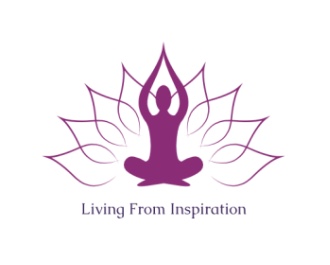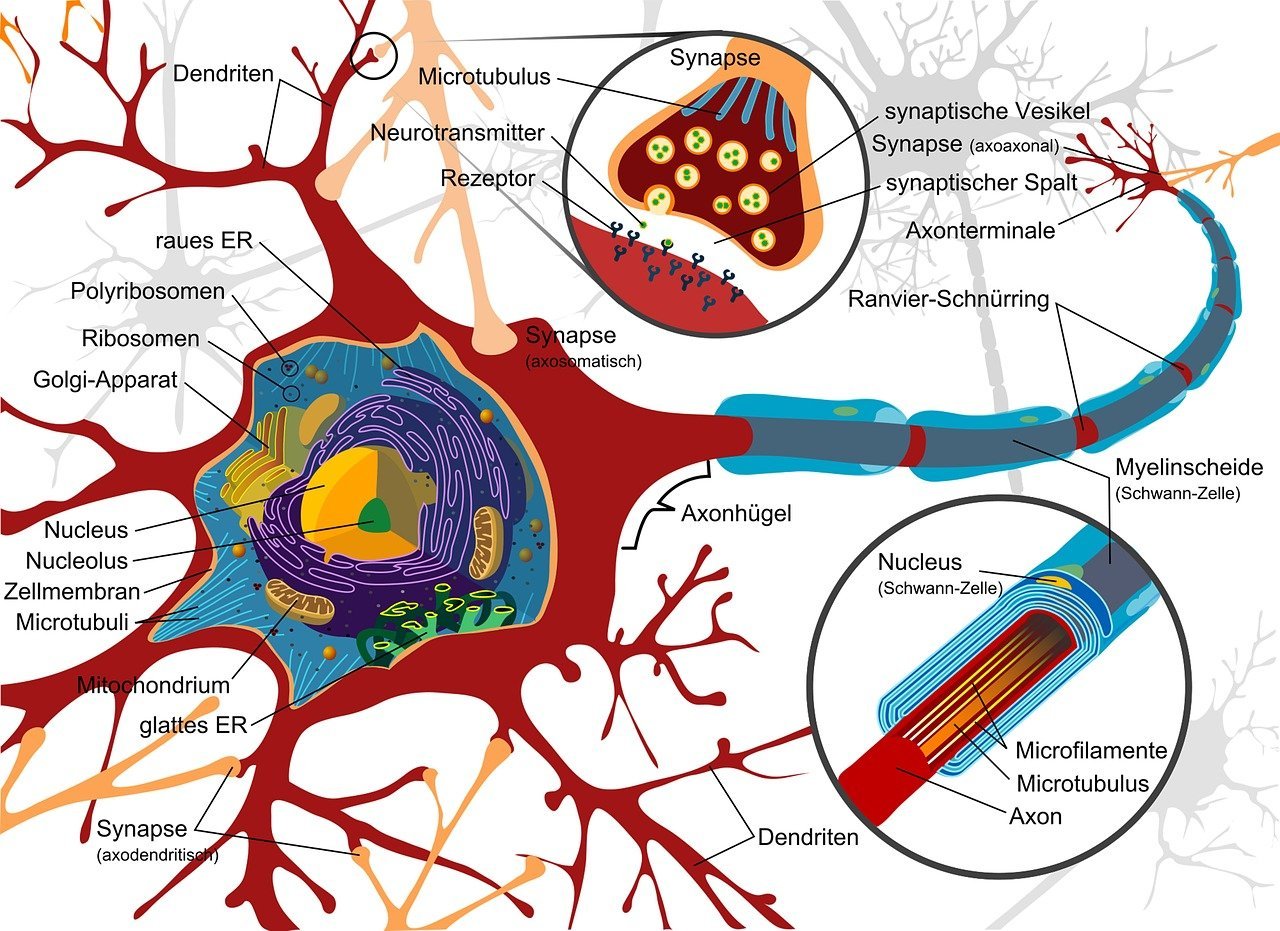Lorrie's interview with Dr. Boon Lim: POTS and Polyvagal Theory (Mind/Body) for Long Covid and ME/CFS
/Interview with Dr. Boon Lim: POTS and Polyvagal Theory (Mind/Body) for Long Covid and ME/CFS
Dr. Boon Lim is a cardiologist and expert in the field of heart rhythm disorders. He's been a pioneer in understanding and addressing the cardiovascular implications of Long COVID, which can often be applied to ME/CFS as well.
- Dr. Boon Lim’s Journey to Specialization.
- Understanding Dysautonomia.
- The Pathogenesis of ME/CFS
- The Polyvagal Theory.
- Understanding Autonomic Responses and Trauma.
- The Multifaceted Nature of Stress and Its Impact.
- The Components of Polyvagal Theory .
- Recognizing and Navigating Your Autonomic State
- The Importance of Being Aware and Engaging.
- The Importance of Connection.
Make sure to subscribe to keep up with the latest discoveries and approaches for Long Covid, ME/CFS and Fibromyalgia.
Full recovery is possible! Get on the waiting list for the Relief & Transformation: Recovering from Long Covid and ME/CFS course. You can also be part of our Membership: Managing Long Covid and ME/CFS program or schedule a “Best Next Step” Health Strategy Consultation. For powerful passive training of the nervous system based on Polyvagal Theory, check out the Safe and Sound Protocol.
Dr. Boon Lim’s Journey
Dr. Lim became interested in cardiovascular studies at Imperial College, where he researched the role of the autonomic nervous system in relation to cardiac arrhythmia. Though his work initially focused on different conditions, his journey eventually led him to explore autonomic dysfunction syndromes, primarily POTS, which many people with Long Covid and ME/CFS experience.
Through his Ph.D. and further studies, Dr. Lim grew fascinated with the neural network. He is a heart math coach where he uses techniques to monitor and improve heart rate variability. His background in practices like Tai Chi and understanding of breath regulation allow him to visualize and shift the state of the autonomic nervous system.
His professional experiences, combined with the COVID pandemic and his role in the Imperial Syncope Unit at Imperial College London, made him recognize the patterns in Long COVID patients presenting with autonomic dysfunction.
Understanding Dysautonomia
According to Dr. Lim, Dysautonomia means the autonomic nervous system is dysfunctional. The nervous system is a basic part of our brain and is responsible for maintaining things we don't consciously control, such as blood pressure, heart rate, and temperature. When this system is dysfunctional, it can no longer maintain these homeostatic mechanisms. One common autonomic systems includes the immune system, which is strongly influenced by the autonomic nervous system.
Chronic stress, for instance, can depress the immune system. Conditions that can be strongly linked to stress levels and the functioning of the autonomic nervous system are:
As well as Long Covid and ME/CFS
The Pathogenesis of ME/CFS
It's noteworthy to observe that, in the majority of ME/CFS diagnoses, a considerable number are post-viral in nature. However, it's equally essential to recognize that not all cases trace back to a viral onset.
Some gradually manifest over a prolonged period,
While others might emerge in the aftermath of a deeply traumatic event.
Such varied origins underscore the pressing need to delve deeper into understanding the multifaceted stressors at play. By doing so, we can gain a clearer picture of how these stressors, whether they be physical, emotional, or environmental, exert their influence and shape the trajectory of our health and well-being.
The Polyvagal Theory
Dr. Lim also expounded on the polyvagal theory, suggesting our autonomic nervous system comprises three components instead of two.
These three components are:
rest/digest (healing mode)
fight/flight
freeze
With increased stress, individuals often become more efficient, working at an optimal level, before reaching a plateau. However, at this plateau, people often function in an adrenaline state, which can be draining and detrimental in the long run.
Understanding Autonomic Responses and Trauma
Our understanding of how trauma and stress affect our nervous system has evolved significantly in recent years. Looking deeper into the nuances of the autonomic responses can provide invaluable insights for anyone who's ever felt 'on edge' or like they've 'fallen off a cliff' after an unexpected event or prolonged stress.
The Multifaceted Nature of Stress and Its Impact
It's a common misconception that a sudden traumatic event, akin to a stick being thrown into the spokes of a wheel, is what makes us lose our footing in life. However, even before something as disruptive as COVID, many individuals experience an overwhelming response to situations like moving house, loss of childcare, or other seemingly "smaller" stressors.
It's intriguing to observe that not just a virus, but any traumatic event—be it relationship strains, job losses, or school bullying—can trigger a substantial response. People tend to fixate on these singular traumatic moments, often overlooking the accumulated stress from daily life challenges.
Juggling between kids
A job
Managing bills
The increasing costs of living,
All contribute to tweaking our autonomic nervous system. This prolonged stress nudges us towards an unhealthy fright or flight mode, and when we're pushed over the edge, our body goes into the 'freeze' mode.
Our response stems from our engagement with the dorsal vagus, an aspect of our vagus nerve. When activated, we enter a frozen state, which is starkly different from the rejuvenated state after a good night's sleep. This 'frozen' state isn't conducive to meaningful life engagement.
The Components of Polyvagal Theory
The Polyvagal theory gives us a unique perspective in understanding human neurophysiological reactions and offers profound insights into the way our bodies respond to stimuli and stressors. This theory illuminates a spectrum of our autonomic responses, allowing us to pinpoint where we stand in this intricate web. By recognizing our position —from the heightened, reactive sympathetic frozen mode (dorsal vagus) or the better known fight/flight sympathetic mode, to the more soothing, recovery-oriented ventral vagus. In ventral vagus (rest/digest), we're better equipped to interpret our emotions, behaviors, and physiological reactions. With this nuanced understanding, we can empower ourselves to navigate our emotional and physical reactions more effectively, promoting better well-being and self-awareness.
Recognizing and Navigating Your Autonomic State
When we're in the dorsal vagal state or 'frozen' mode, we may neglect our needs. However, understanding and awareness form the cornerstone of the healing process. As we transition from this unhelpful state to the ventral vagus, we become more responsive, enabling better decision-making and self-healing actions.
The Importance of Being Aware and Engaging
Being deeply aware of our internal responses is crucial to our well-being. The dorsal state, although occasionally essential for navigating particular scenarios, gains importance not just by its mere presence, but by the degree to which it manifests and the length of time it persists. Recognizing and understanding this nuanced distinction can be transformative for our overall well-being. The book Anchored by Deborah A. Dana expounds so well on the importance of being aware.
The Importance of Connection
The information available about autonomic responses and the intricate nuances of the Polyvagal theory is not only enlightening but also profoundly transformative. For individuals who find themselves grappling with symptoms related to these physiological responses, it is so important to actively seek both support and in-depth knowledge to truly understand what's occurring within.
As we draw this discussion to a close, the primary message we want to resonate with is the absolute necessity for heightened awareness, forging genuine connections, and cultivating acute responsiveness to the intricate needs of our bodies. The journey of healing is deeply intertwined with the act of listening - not just hearing, but truly tuning into ourselves and our bodies. Allowing an introspective approach is, without a doubt, the most effective path toward recovery and well-being.
For powerful passive training of the nervous system based on Polyvagal Theory, check out the Safe and Sound Protocol.
DISCLAIMER: The information offered is for informational and educational purposes only. It is not intended as a substitute for medical or psychological care or advice. Consult your physician or other health care provider regarding your symptoms and medical and psychological needs.







